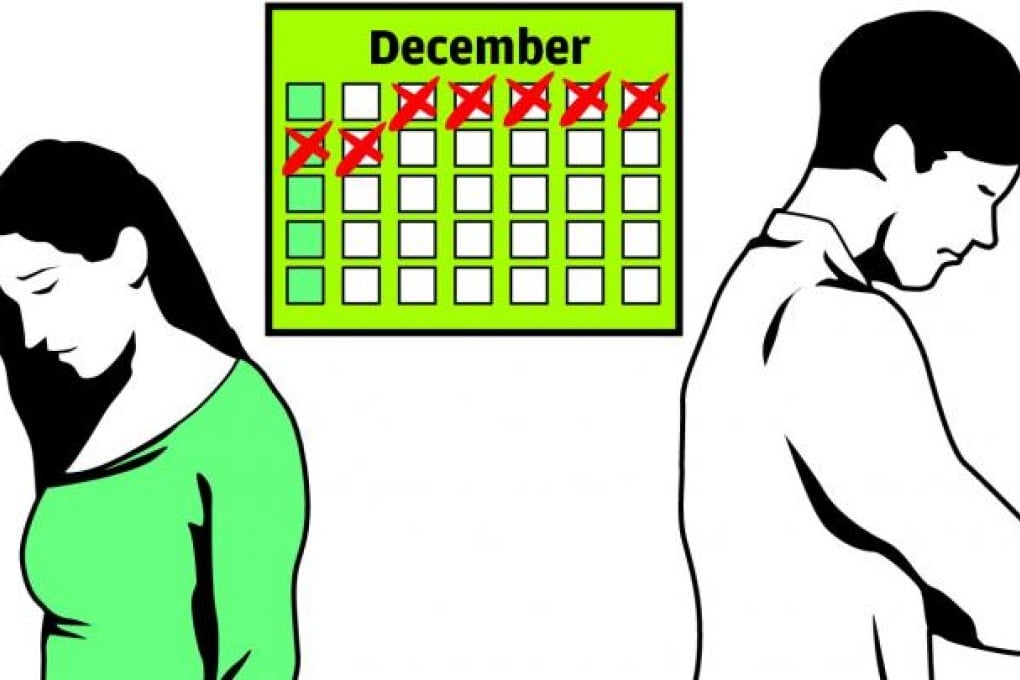The survival guide to the holidays
The year-end festivities should be fun, so don't let binge eating and family disputes turn them into a nightmare, says Charley Lanyon

For many, the holiday season is a time to gather with loved ones, feast on seasonal delicacies and celebrate. But for others, these activities are fraught with worry. A few days of feasting can ruin a year's hard work of getting trim. Family tensions can rise and tempers can flare. For the lonely, feelings of depression can be exacerbated.
Avoid a blue Christmas - or even a trip to the hospital - with Health Post's survival guide to the season.
The year-end festivities are a good reason to indulge and give that diet a break, but many tend to overeat. While most people only put on 500 grams to 1kg of weight over the holidays, research shows that even this slight weight gain may never go away.
"The problem is not working it off, even after a New Year's resolution," says Lona Sandon, assistant professor of clinical nutrition at the University of Texas Southwestern Medical Centre.
"The gain stays on and adds up each year; in a decade that's [five or 10 kilograms]. That can lead to obesity and related health problems such as hypertension, stroke, diabetes and other maladies."
Charmain Tan, a Hong Kong registered dietitian with Seventeen Nutrition Consultants, says the trick is to load your plate with a balanced assortment of foods.